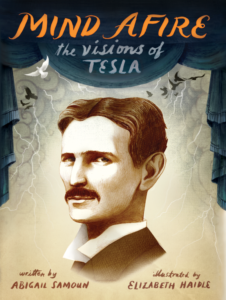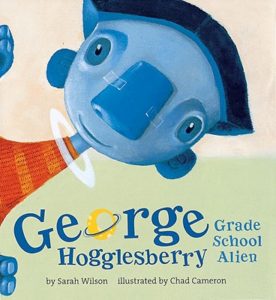 The June Industry Insider interview is with none other than Christa Heschke, who’s been with McIntosh & Otis, Inc. since 2009. While there are many reasons why she’s a great a fit for OPB, here are just three.
The June Industry Insider interview is with none other than Christa Heschke, who’s been with McIntosh & Otis, Inc. since 2009. While there are many reasons why she’s a great a fit for OPB, here are just three.
Reason One: Her Twitter bio claims a Hufflepuff affiliation.
When I was last in NYC, I made a point of seeing Puffs, or Seven Increasingly Eventful Years at a Certain School of Magic & Magic. Kindred spirits!
Reason Two: She’s a Green Bay Packers fan.
I was born in Neenah, WI (a stone’s throw from GB), and I taught at UW-GB, where I lived walking distance from Lambeau Field. Plus, my folks had season tickets when I was a kid!
Reason Three: She likes LOTR, zombie TV shows, and RL Stine.
My take on those same things? Yes, amen, and wahoo!
With so many things in common, the two of us making some magic at OPB is all but guaranteed. Let’s prove it right now!
- Manuscript Wish List: http://www.manuscriptwishlist.com/mswl-post/christa-heschke/
- Agency Website: http://mcintoshandotis.com/agents/
- Blog: https://christaheschke.blogspot.com/
- Twitter: https://twitter.com/ChristaHeschke
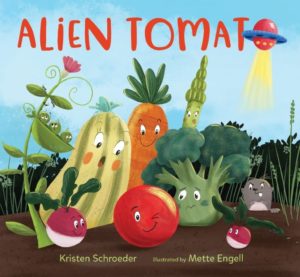 RVC: Let’s start with an unexpected connection we have–Kristen Schroeder (one of your clients!). I just met her at the Jane Yolen/Heidi Stemple Picture Book Boot Camp back in November. She had an Advance Reading Copy of her debut, Alien Tomato, which was a real hoot to see, to say the least. What do you like most about that book (which comes out in July 2020)?
RVC: Let’s start with an unexpected connection we have–Kristen Schroeder (one of your clients!). I just met her at the Jane Yolen/Heidi Stemple Picture Book Boot Camp back in November. She had an Advance Reading Copy of her debut, Alien Tomato, which was a real hoot to see, to say the least. What do you like most about that book (which comes out in July 2020)?
CH: I love the humor and Gopher is such a fun main character! The ending twist is perfect! Seeing the art capture the text was really cool, too. It’s one of my favorite things about working on picture books.
RVC: Please say a few words about why Kristen’s pitch to become your client worked.
CH: Kristen had queried me and then later notified me she had an offer of rep from another agent. I remember really liking the project she sent me, Howie, which was a fun look at dog-shaming photos. I liked the humor and I thought the idea was standout. After reading that one and enjoying it, I asked her to tell me more about her body of work and she sent me a whole list of projects she had written or was working on and I was SO impressed! I could see her range and once I read a few more of her projects, I just had to offer her representation!
RVC: Is that something you recommend others do?
CH: Yes! I think it’s helpful to have a handful of finished polished picture books ready when you start querying. When it comes to picture book authors, I always like to see a few projects–I’m rarely offering rep based on just one project. This may be personal preference, but I have stepped aside a few times when I really liked one project but the author didn’t have anything else to share or tell me about.
RVC: Let’s jump back to the beginning. At what point did the publishing career become your path?
CH: Well, it all started back in college. A friend interned at Writers House and suggested I apply. At the time, I had no idea what I wanted to do, but hey, I loved to read so I applied. I loved my time there and that led to another internship at Sterling Lord. When I graduated college, I applied to all kinds of publishing jobs. After some time, I got the job offer to be an assistant at McIntosh & Otis in their children’s department. I said yes, and haven’t looked back since. I got lucky that I fell into the area of publishing I was meant to be in. I love working on the kids side and I’ve always been a kid at heart, so it was a perfect fit for me! After assisting a few years, I moved up to agent.
RVC: I’ll bet you REALLY got the literary bug a bit earlier than college. Did you write term papers about copyright infringement and intellectual property issues? As a teen, were you negotiating deals for writer friends to ghostwrite prom-posals? Were you doing Muppet Babies fanfic? The OPB family wants to know!
CH: Other than reading a lot growing up, I did have my own magazine for a while called Gal’s World. I was in the 12–14 range when I was actively putting the magazine out there. I also had my own website dedicated to Sailor Moon fanfiction. So, from a young age, I was active on the writing side of things. In school, we wrote and illustrated our own books from kindergarten up through 4th grade. I still have most of them!
RVC: Let’s take a closer look at your time as an intern at Writers House and Sterling Lord Literistic. What does life as an intern look like?
CH: A big part of interning at an agency is reading queries and manuscripts, and then writing reader’s reports. Writers House also had classes on different topics for their interns on everything from subrights to contracts, so it was a great learning experience. At Sterling Lord, I got to help a bit with foreign rights which was cool, including editing their rights guides/preparing for a major Fair (Frankfurt, if I’m remembering correctly).
I basically helped whomever needed it, so I got to read kids and adult work as well as perform general office tasks such as filing, mailings, organizing, answering phones, etc.
RVC: Any tricks to landing one of those coveted jobs?
CH: Networking helps SO much when getting an internship. Without my friend having a connection at Writers House, I’m not sure if I would have gotten an interview.
RVC: You joined McIntosh & Otis in 2009. What about that agency makes it such a good fit for you?
CH: I love that we’re more of a boutique agency. There are only two agents (plus two assistants and an office manager/royalty manager) and we handle everything for our clients. So, aside from editorial work and sending projects out on submission, I also handle all subrights (translation rights, audio, film/TV/stage etc.), my own contracts, helping authors with promo, permissions, and more. It certainly keeps me busy, but I like that I get to work on a little bit of everything!
I especially love working on foreign/translation rights. It’s always a good day when a copy of one of your books translated into another language comes in and sometimes with an all new cover! I also like that I can build my list how I want to. So, I can take on the projects that I’m passionate about. Of course, it’s also very important to me to do what I can to raise up marginalized voices. I strongly believe every child should be able see themselves and characters like them in books.
Getting kids to start reading and enjoy reading from a young age is so important to creating lifelong readers. Whenever I see kids reading (whether it’s on the subway or in the park) I get excited! M&O gives me the support to do these things which I sincerely appreciate.
RVC: Though you rep all types of kidlit, what about picture books appeals to you?
CH: It’s a child’s first experience with reading. I love that! I remember how much I enjoyed picture books as a little kid. My parents told me before I could read, I would flip through picture books and make up the words based on the pictures (or what I remember from my parents reading them to me). So, they have always been special to me. I love how they can be fun and character driven, but still have a great message. I also like seeing how the art works together with the text to create a finished book. I could go on and on!
RVC: How important is voice to picture books?
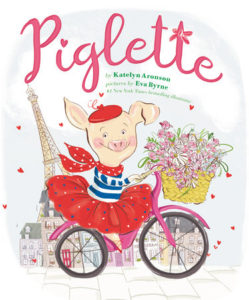 CH: It’s important. If the text is wordy and the voice feels “too old,” it won’t work for the age-range. Every so often, I see picture book texts that almost read more like a middle grade as far as word choice, wordiness, and overall voice. Every word counts with a picture book. Voice often comes across more strongly when you have an engaging and developed central character. Even in a picture book they will grow and change from beginning to end and when that’s done right, it helps the voice!
CH: It’s important. If the text is wordy and the voice feels “too old,” it won’t work for the age-range. Every so often, I see picture book texts that almost read more like a middle grade as far as word choice, wordiness, and overall voice. Every word counts with a picture book. Voice often comes across more strongly when you have an engaging and developed central character. Even in a picture book they will grow and change from beginning to end and when that’s done right, it helps the voice!
A good example off the top of my head is A Place for Pluto by Stef Wade. Of course Alien Tomato is another. Lindsay Bonilla’s Polar Bear Island. Piglette by Katelyn Aronson. I may be biased but I think all my clients have great picture book voices.
RVC: What are your thoughts on rhyme?
CH: I work on the occasional rhyming text, but I wouldn’t say it’s something I gravitate towards. My assistant, Daniele, is the resident poetry expert.
RVC: How can a writer do a better job if they decide it’s the route to go?
CH: To do a rhyming book right, you need to be well-versed in poetry and understand meter, rhythm, etc. When you want to write in rhyme, it has to be perfect. I’d also ask writers why they feel this particular story needs to rhyme. Maybe it doesn’t. Some stories work better in prose.
Reading the story out loud can help you find areas where you trip up and may need to work on. Getting extra sets of eyes on a story also helps–especially if you can find readers that specialize in rhyming work or poetry!
RVC: How many submissions do you see per week?
CH: A lot! The number fluctuates a bit. If I recently participated in a Twitter pitch event or a writer’s conference, my inbox numbers will often go up quite a bit. I’d say I get at least 10 queries on a typical day, so upwards of 100 a week is common.
RVC: And what does the process look like going forward from a good query all the way to an offer from you and then having you submit the project to editors?
CH: Once I come across a query that jumps out at me after reading the first pages, I’ll request either a partial manuscript or a full manuscript. When I request a partial, I’m interested but want to read on a bit and see what I think. When I request a full, I generally love both the premise and writing, and I’m intrigued by the synopsis enough to want to see where the story is going.
After I’ve read the entire manuscript and I know I’m in love, I contact the author via email. I like to offer rep over email and give the basics before having a phone call. On the call, I answer any questions, go over any editorial feedback, and ask my own questions. Then I wait. That author likely will have the manuscript with other agents and will wrap up those submissions. A two-week deadline is pretty standard.
During this time, the author may get more offers and will have to decide who they feel is the best fit for them and their career. If they end up going with me (yay!), we work on editorial and get the manuscript as polished as possible before submitting to editors. I come up with a submission list, share it with the author, and take it from there.
RVC: Last question for this part of the interview. Rumor has it that one of your secret literary weapons is an assistant named Daniele. Care to dish?
CH: Daniele is amazing, and that’s no secret! Daniele helps me SO much. She’s another skilled set of eyes on manuscripts, she has a great editorial eye…She literally assists me with pretty much everything! She also keeps me organized. We always have a high volume of pending things to do, submissions to read etc. etc. and without her, I’d likely get to things a lot slower!
And she’s a ray of sunshine and optimism. She’s so supportive and genuinely loves what she does and working with my clients, and they love working with her. We are very much a team!
RVC: Alright, it’s time…for…the… LIGHTNING ROUND!!! Are you ready for zip-zappy question and electrifyingly fast answers?
CH: You bet!
RVC: Star Wars, Star Trek, or Stargate?
CH: Star Wars.
RVC: Best fake language—Parseltongue, Dothraki, or Tolkien-Elvish?
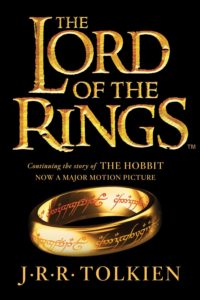 CH: Definitely Elvish! A recent highlight was watching the LOTR cast reunion Zoom special. All the feels!
CH: Definitely Elvish! A recent highlight was watching the LOTR cast reunion Zoom special. All the feels!
RVC: It’s a night of magical mini-golf…with a literary theme. What three authors (living or deceased) do you invite out onto the (mini) links?
CH: That’s an impossible question to answer! LOL!
Hmm…how about Jane Austen, R.L. Stine, and Garth Nix? These are all authors who I loved reading growing up. If I were to go into authors I admire and fangirl over as an adult, it’d be a super long list. There are so many authors doing such amazing things and creating necessary change in the kidlit world!
RVC: Beyond typos and getting your name wrong, what’s a query pet peeve?
CH: Not doing your research. If you’re sending me something I don’t represent, it’s an automatic no.
RVC: Name an agent‑y bucket list item.
CH: Having a book I rep win the Newbery, Caldecott, or another major award is definitely up there!
RVC: Three words that sum up your picture book philosophy?
CH: Every. Word. Counts.
RVC: Thanks so much, Christa!


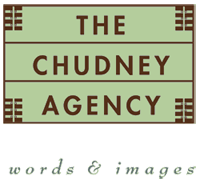 While literary agent Steven Chudney is a bit camera-shy (I’ve worked around this via the “photo-realistic” artwork I provided alongside his agency’s logo!), The Chudney Agency is devoted mostly to kidlit (about 10% of his list is Adult), and there are plenty of clients who sing his praises. That’s already got the
While literary agent Steven Chudney is a bit camera-shy (I’ve worked around this via the “photo-realistic” artwork I provided alongside his agency’s logo!), The Chudney Agency is devoted mostly to kidlit (about 10% of his list is Adult), and there are plenty of clients who sing his praises. That’s already got the  But when I learned that he was part of the marketing campaign for the 40th anniversary of Eloise, the launch of a line of kidlit books for Nickelodeon, and the development of the Cheerios board books, I knew he had to pop in to chat with us at
But when I learned that he was part of the marketing campaign for the 40th anniversary of Eloise, the launch of a line of kidlit books for Nickelodeon, and the development of the Cheerios board books, I knew he had to pop in to chat with us at 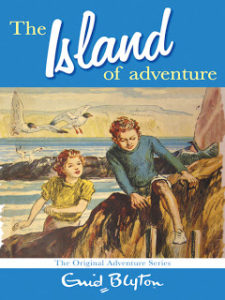
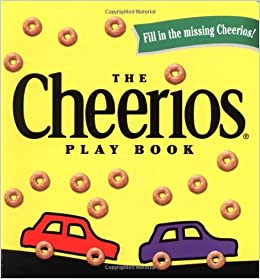
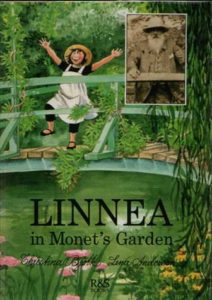
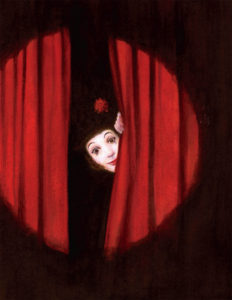
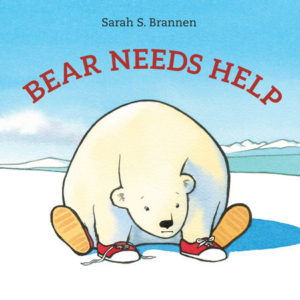
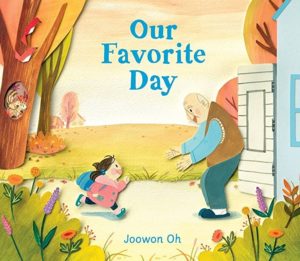
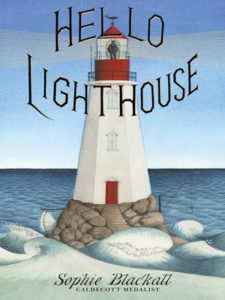
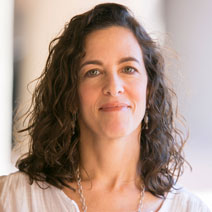 I had genuine worry that the
I had genuine worry that the 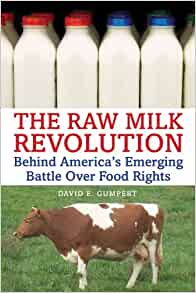
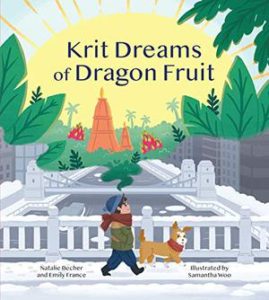
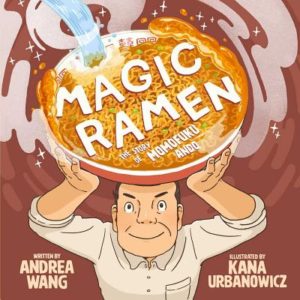
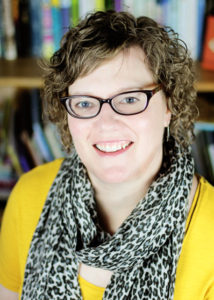 The first Industry Insider interview of 2020 is with Erin Murphy. She’s a fifth-generation Arizona native now living in southern Maine where she’s President of the
The first Industry Insider interview of 2020 is with Erin Murphy. She’s a fifth-generation Arizona native now living in southern Maine where she’s President of the 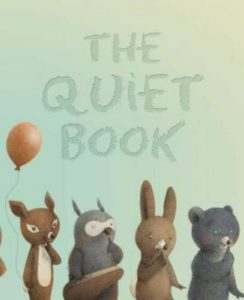
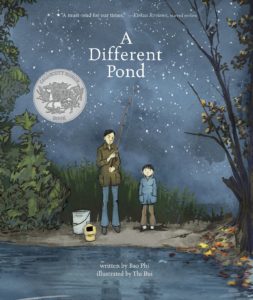
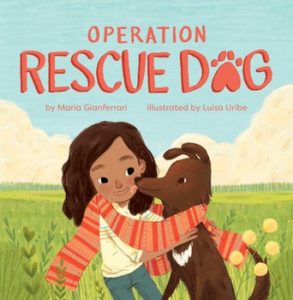
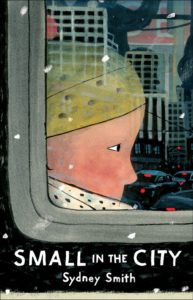
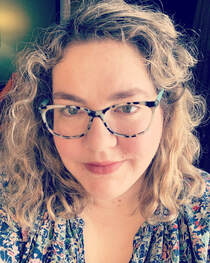 This month’s Industry Insider interview is with Jennifer Laughran, a Senior Agent at the Andrea Brown Literary Agency.
This month’s Industry Insider interview is with Jennifer Laughran, a Senior Agent at the Andrea Brown Literary Agency.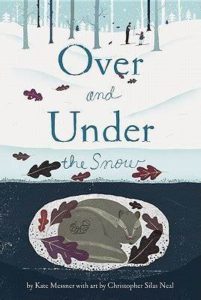
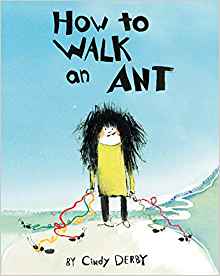

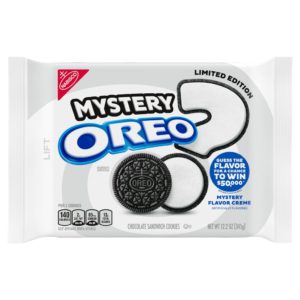
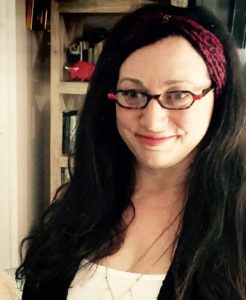 This month’s Industry Insider interview is with Abigail Samoun—Abi to her pals—co-founder and literary agent at
This month’s Industry Insider interview is with Abigail Samoun—Abi to her pals—co-founder and literary agent at 